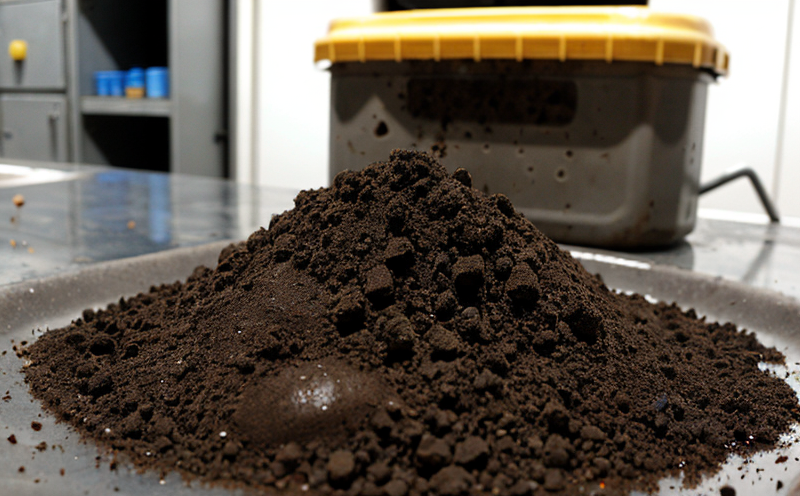Vegetable Oil Residue Testing
In the context of quality management and compliance within the food processing industry, vegetable oil residue testing is a critical process. This service ensures that products containing vegetable oils meet regulatory standards and customer expectations. The primary goal is to detect and quantify any residual amounts of vegetable oil in final processed goods such as baked goods, confections, or other edible items.
The importance of this testing cannot be overstated, especially given the increasing consumer demand for transparency regarding food ingredients. By identifying trace levels of vegetable oils that may have been introduced inadvertently during processing, manufacturers can ensure they are adhering to dietary restrictions and allergen labeling requirements.
Vegetable oil residues often arise from incomplete washing or drying processes post-extraction or refining. These residues can impact product quality, shelf life, and potentially lead to regulatory non-compliance if not managed properly. Our team of experts uses advanced analytical techniques to provide accurate results that help clients maintain their reputation for high-quality products.
For instance, our laboratory adheres strictly to international standards such as ISO 17025 and ISO/IEC 17034 when conducting these tests. We employ state-of-the-art equipment like gas chromatography (GC) or mass spectrometry (MS), which allow us to detect even minute traces of vegetable oils.
| Vegetable Oil Type | Common Uses |
|---|---|
| Soybean Oil | Baked Goods, Salad Dressings |
| Corn Oil | Mayonnaise, Margarine |
| Sunflower Seed Oil | Confections, Snack Foods |
| Olive Oil | Pesto, Salad Dressing |
Scope and Methodology
The scope of our vegetable oil residue testing includes the analysis of various food products to identify any potential contamination from residual vegetable oils. This encompasses a wide range of applications, including but not limited to baked goods, confections, snack foods, and beverages.
| Step | Action |
|---|---|
| Sample Collection | Collect representative samples from the production line or storage area. |
| Preparation | Precisely weigh and homogenize the sample to ensure consistent results. |
| Extraction | Use appropriate solvents to extract any residual vegetable oils from the sample. |
| Analysis | Perform GC or MS analysis to quantify the amount of detected vegetable oil residues. |
Eurolab Advantages
- Pioneering use of advanced analytical techniques to detect even trace amounts of vegetable oil residues.
- Comprehensive understanding of regulatory requirements and best practices in the food industry.
- Experienced team of scientists with expertise in handling complex samples.
- State-of-the-art laboratory facilities equipped with cutting-edge technology for precise measurements.
Quality and Reliability Assurance
To ensure the reliability of our test results, we maintain strict quality control measures throughout each step of the process. Regular calibration and validation of equipment are essential components of this approach.
- Calibration of instruments using recognized standards prior to every use.
- Data validation through repeat measurements to confirm consistency.
- Inclusion of quality control samples in all batches for independent verification.





